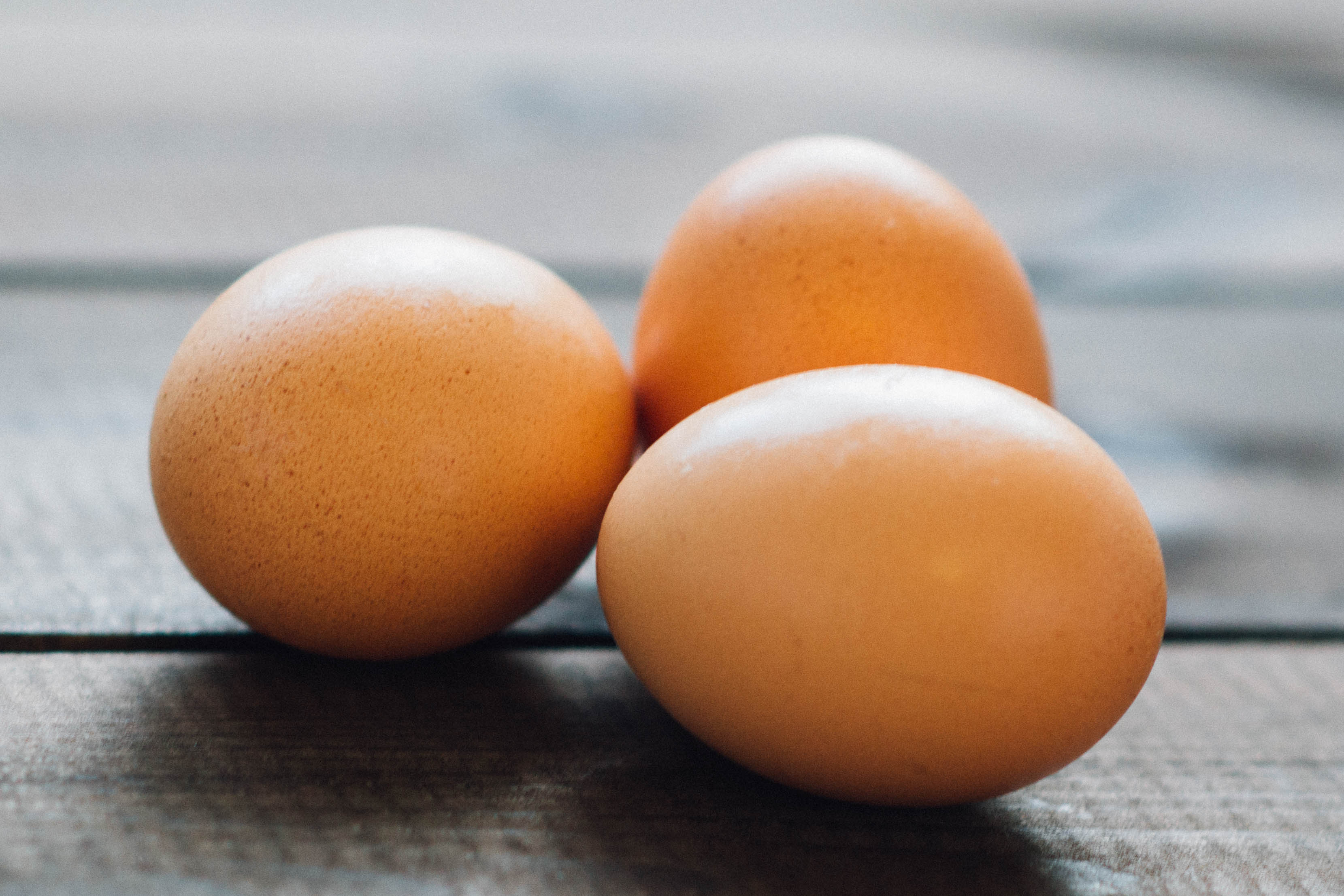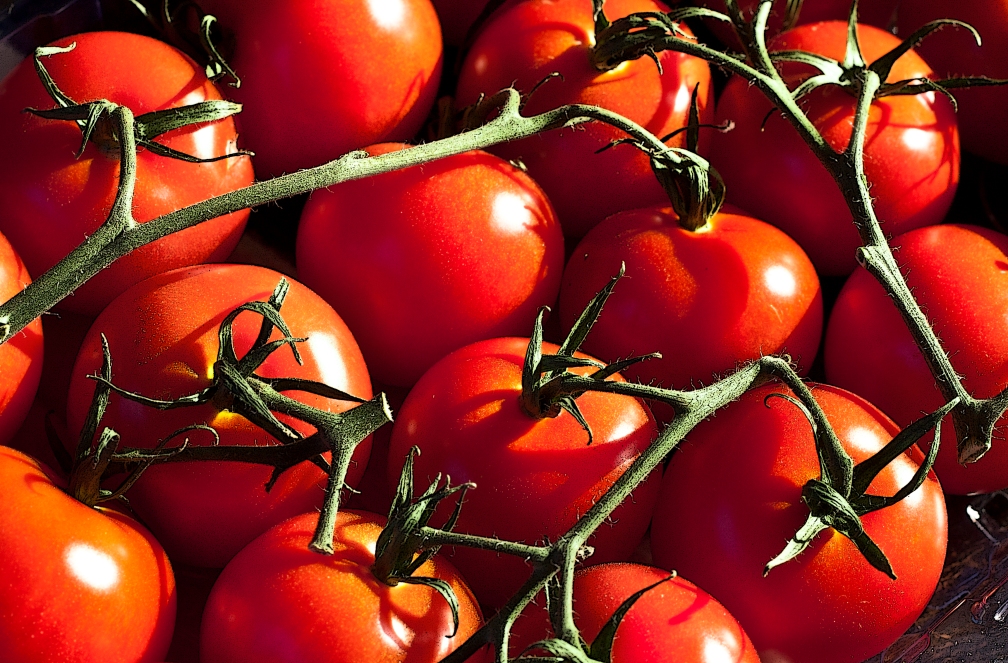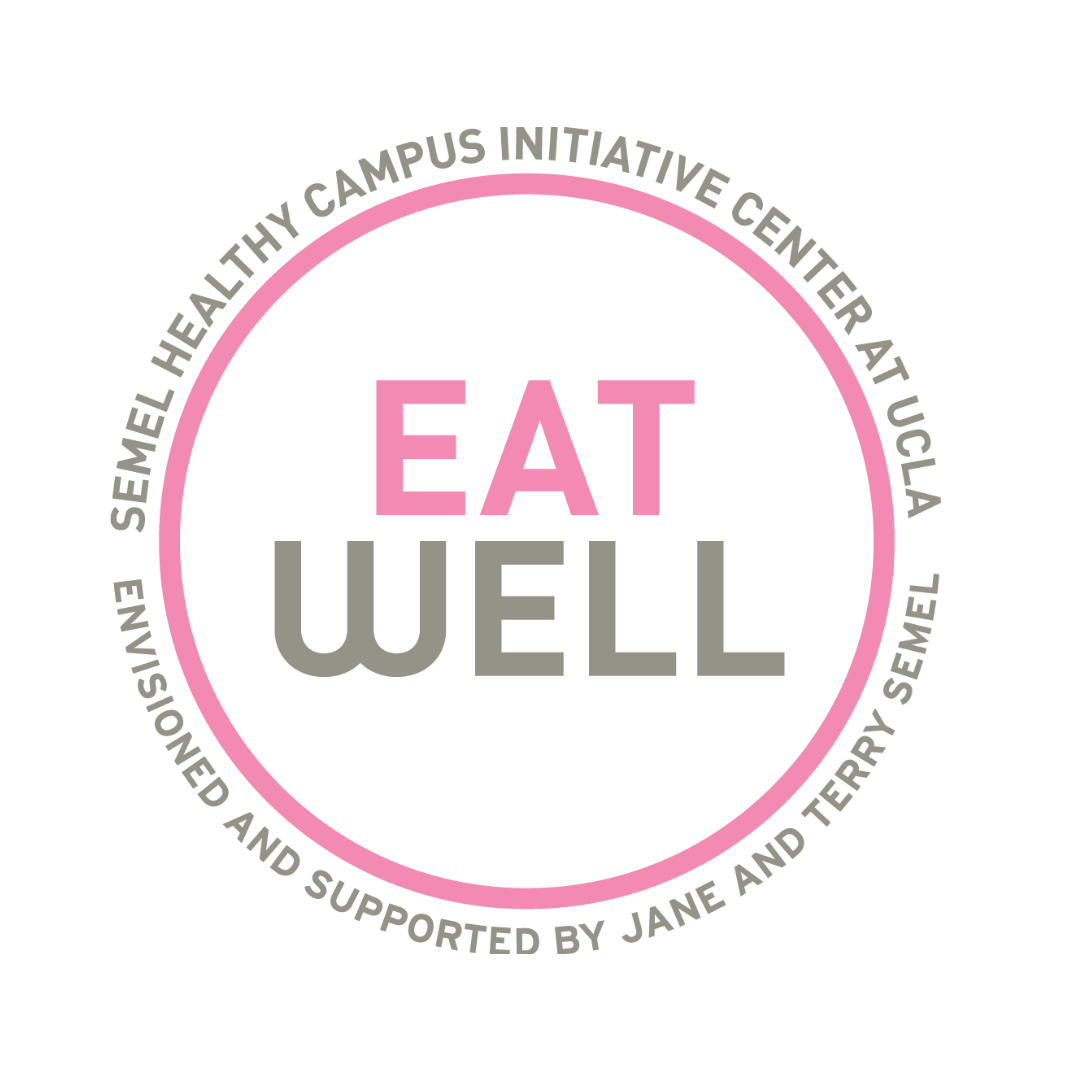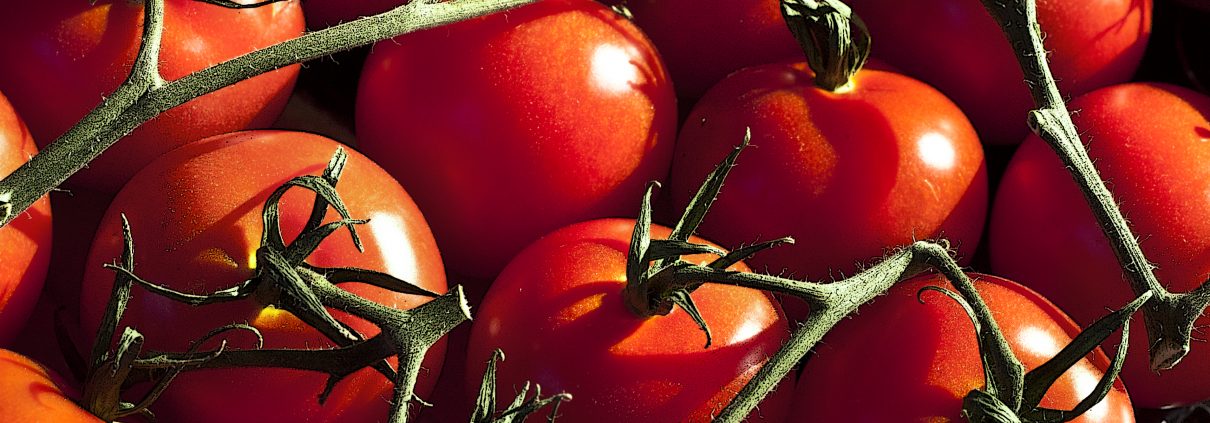Feed Your Busy Brain: 3 Foods that Will Boost Cognitive Function
Whether you have been enjoying a relaxing vacation, taking classes, or doing an internship, the summer break is now quickly coming to an end. Once the school year begins, we will be once again faced with the fast-paced life at UCLA, consisting of classes, assignments, extracurricular commitments, and packed social calendars. While we’re so busy at UCLA, it is easy to overlook our diet. However, planning our meals and including certain foods in our diets can actually help us to manage our busy lives at UCLA!. Three foods in particular — eggs, tomatoes, and spinach — can boost the health of our brains. These three foods are easy to access, whether you live on the Hill or off-campus, and easy to incorporate into various recipes according to your taste.
Eggs
Eggs are not only versatile — they can be cooked in countless ways, from scrambled to fried to boiled, just to name a few — but also rich in choline, a nutrient that is similar to Vitamin B. A study from Boston University suggests that there is a positive association between choline consumption and cognitive performance. Subjects who had higher intake of choline in their diet performed better on verbal memory and visual memory tasks. In addition, authors of the study indicate that choline plays an important role in producing acetylcholine, a neurotransmitter that is essential for normal cognition and brain function.

Photo via Google Images
Tomatoes
From sandwiches to soup to pasta sauce, the tomato can be a part of the daily diet in numerous ways. Tomatoes are packed with beneficial nutrients, such as vitamin A, vitamin C, and a wide array of antioxidants. Among them, the antioxidants lycopene and beta-carotene stand out as brain-boosting nutrients. As this Psychology Today article suggests, these antioxidants are helpful in eliminating free radicals, which are highly reactive chemical compounds that can damage important cellular components. Additionally, lycopene regulates genes that influence inflammation and brain growth.

Photo via Google Images
Spinach
Another common, versatile, brain-boosting food is spinach. Spinach can easily be added into a wide variety of dishes such as salads, omelets, curries, smoothies, and quesadillas. Spinach is a rich source of lutein, an antioxidant that protects the brain against cognitive decline. This study showed that over a period of 20-25 years, the frequency of spinach consumption and other leafy vegetables was inversely correlated with cognitive decline. Plus, spinach offers many other health-promoting qualities. It’s high potassium content aids in lowering blood pressure and it’s high fiber content promotes good digestive health.

Photo via Google Images
Miso Kwak is an undergraduate student at UCLA majoring in Psychology with a double minor in Disability Studies and Education Studies. In addition to blogging for the UCLA Healthy Campus Initiative, she plays the flute with the UCLA Woodwind Chamber Ensemble. Outside of school, she works as a mentor for high school students through Accessible Science, a nonprofit organization that facilitates science camp for blind youth.



